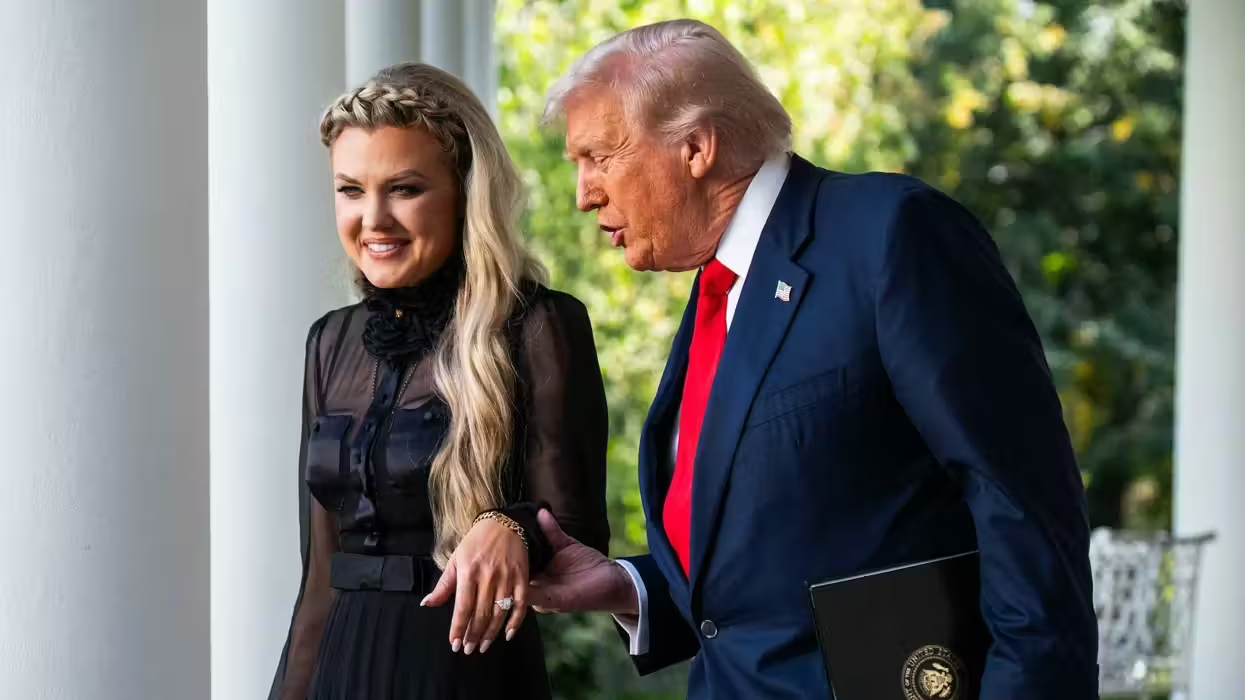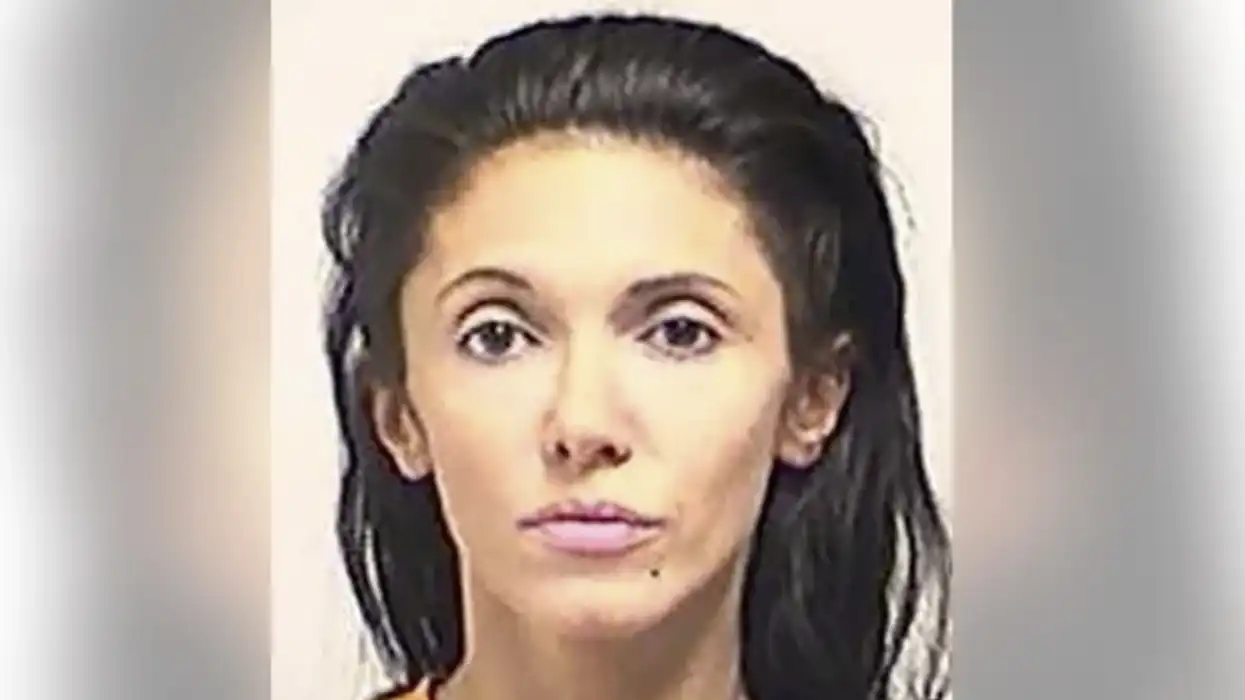
© 2026 Blaze Media LLC. All rights reserved.
Supreme Court Makes Controversial Ruling: Taking DNA Swabs Upon Arrest Without a Warrant Is Legal
June 03, 2013
• Read Scalia's scathing dissent
WASHINGTON (TheBlaze/AP) -- A sharply divided Supreme Court on Monday said police can continue to take DNA from people they arrest without getting a warrant. The court's five-justice majority said DNA testing was a legitimate police arrest procedure, like fingerprinting.
 (Photo: Shutterstock.com)
(Photo: Shutterstock.com)
"Taking and analyzing a cheek swab of the arrestee DNA is, like fingerprinting and photographing, a legitimate police booking procedure that is reasonable under the Fourth Amendment," Justice Anthony Kennedy wrote for the court's five-justice majority.
In recent years, the decision has been discussed in lower courts. In 2011, a California court ruled that taking DNA swabs of arrestees was unconstitutional, but a year later the ruling was overturned.
The four dissenting justices of the high court said that the decision allows a major change in police powers.
"Make no mistake about it: because of today's decision, your DNA can be taken and entered into a national database if you are ever arrested, rightly or wrongly, and for whatever reason," conservative Justice Antonin Scalia said in a sharp dissent which he read aloud in the courtroom.
At least 28 states and the federal government now take DNA swabs after arrests. But a Maryland court was one of the first to say that it was illegal for that state to take Alonzo King's DNA without approval from a judge, saying King had "a sufficiently weighty and reasonable expectation of privacy against warrantless, suspicionless searches."
But the high court's decision reverses that ruling, which will likely allow states to resume and expand the programs. Kennedy wrote the decision, and was joined by Chief Justice John Roberts and Justices Samuel Alito, Clarence Thomas and Stephen Breyer. Scalia was joined in his dissent by Justices Ruth Bader Ginsburg, Sonia Sotomayor and Elena Kagan.
Featured image via Shutterstock.com.
--
[related]
Want to leave a tip?
We answer to you. Help keep our content free of advertisers and big tech censorship by leaving a tip today.
Want to join the conversation?
Already a subscriber?
more stories
Sign up for the Blaze newsletter
By signing up, you agree to our Privacy Policy and Terms of Use, and agree to receive content that may sometimes include advertisements. You may opt out at any time.
Related Content
© 2026 Blaze Media LLC. All rights reserved.
Get the stories that matter most delivered directly to your inbox.
By signing up, you agree to our Privacy Policy and Terms of Use, and agree to receive content that may sometimes include advertisements. You may opt out at any time.






